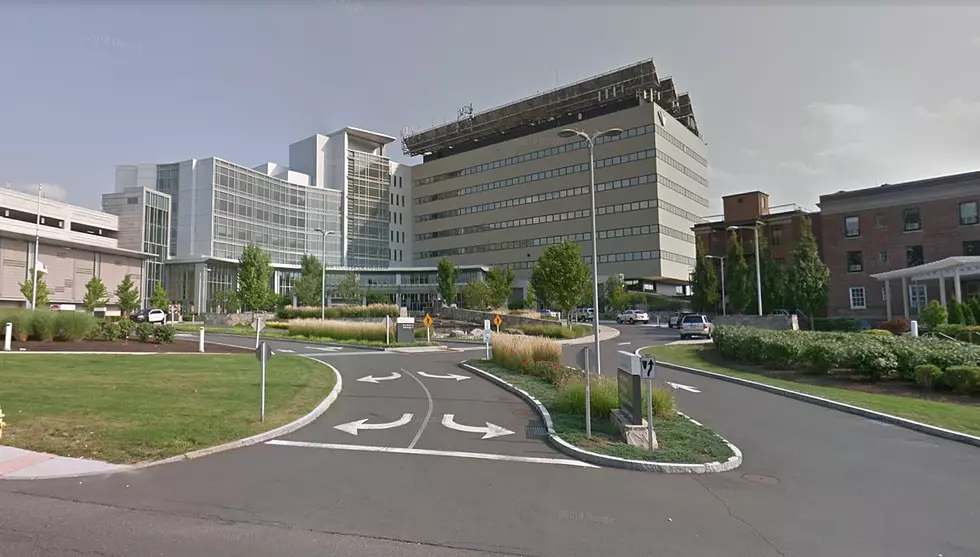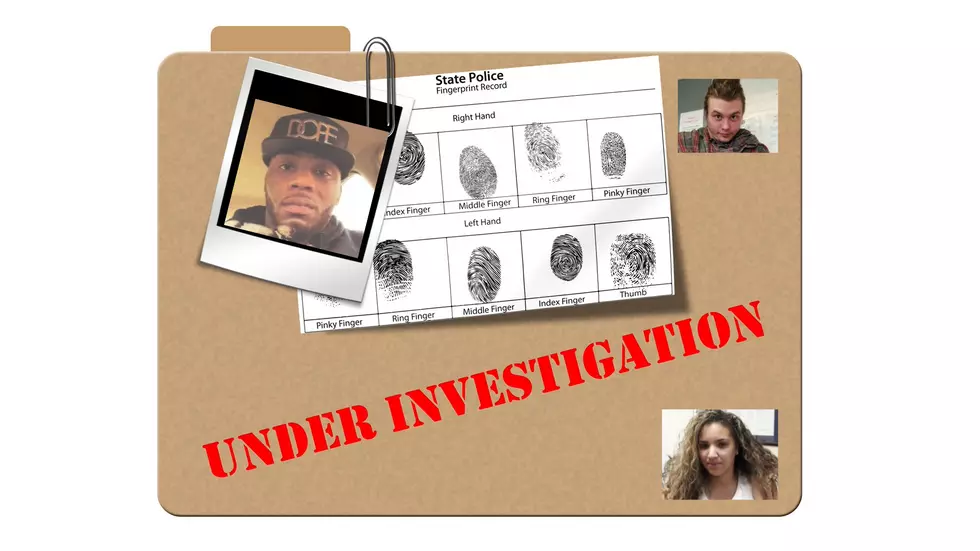
COVID-19 Patient in Medically Induced Coma at Danbury Hospital
The Wilton man who had tested positive for the Coronavirus on Friday (March 3) is now reportedly in a medically induced coma at Danbury Hospital.

CT Post has reported that the man, who is in his 40s, had just returned from a conference in California when he began showing symptoms on February 28, according to his wife.
By March 2, his wife said he had come down with a fever and was tested for the flu, which came back negative and then tested positive for COVID-19. She is currently being quarantined with her sons as her husband battles pneumonia, which he developed since testing positive for Coronavirus. She told CT Post:
I know some people are saying this is hysteria, but I think it's really important for people to take this seriously. My husband got really sick really fast.
This news comes on the same day that a second Connecticut resident who tested positive for COVID-19 is a Bethlehem woman in her 60s who serves as a healthcare worker at Bridgeport Hospital. She is believed to have contracted the virus during a recent trip to Nevada and is being treated in Bridgeport.
In the wake of these two cases, Gov. Ned Lamont has declared both civil preparedness and public health emergencies in order to be able to take specific actions within the state.
According to the Department of Public Health, the risk of becoming infected with COVID-19 is considered low for people who had contact with an individual who does not have COVID-19 and does not have symptoms. In other words, a contact of a contact is considered low risk.
Any resident that is not currently showing symptoms of the virus (two or three days of fever, cough, and shortness of breath) can dial 211 at any time with any basic questions.
Related stories:
The Governor's Office has also provided residents with some important messages to keep in mind:
- People without symptoms should not be tested for COVID-19. Testing individuals with no symptoms is not recommended by CDC.
- If you were with someone who does not have symptoms, the risk of transmission is very low.
- There are many respiratory illnesses circulating in Connecticut, such as the flu and the common cold. Having respiratory symptoms does not mean that you have COVID-19.
- People are at higher risk for COVID-19 if they have symptoms of the virus (cough, fever, shortness of breath) AND if they were a contact of a positive case of COVID-19 (or have traveled to country with community transmission, such as China, Italy, South Korea, Iran, and Japan).
- Someone is considered a contact if they have had direct, face-to-face contact with a person with COVID-19.
- People who think they have COVID-19 should call their healthcare provider. These people should not go directly to a healthcare facility without first calling a healthcare provider (unless they are experiencing a medical emergency).
- People with general questions about COVID-19 can visit ct.gov/coronavirus or call 2-1-1.
- Everyone can help stop the spread of viruses in Connecticut.
- Get your flu shot, and make sure the people around you do the same.
- Wash your hands often throughout the day. Use warm water and soap. If soap and water are not available, use alcohol-based hand gel.
- Cough or sneeze into your elbow. Viruses can spread by coughing or sneezing on other people or into your hands.
- Stay home from work or school if you are sick.
- Avoid touching your eyes, nose, or mouth. Germs spread this way.
- Get plenty of sleep, be physically active, manage your stress, drink plenty of fluids, and eat nutritious foods.
- Keep surfaces (especially bedside tables, surfaces in the bathroom, and toys for children) clean by wiping them down with a household disinfectant.
Greater Danbury's Positive Social Distancing Experiences
More From The Wolf









